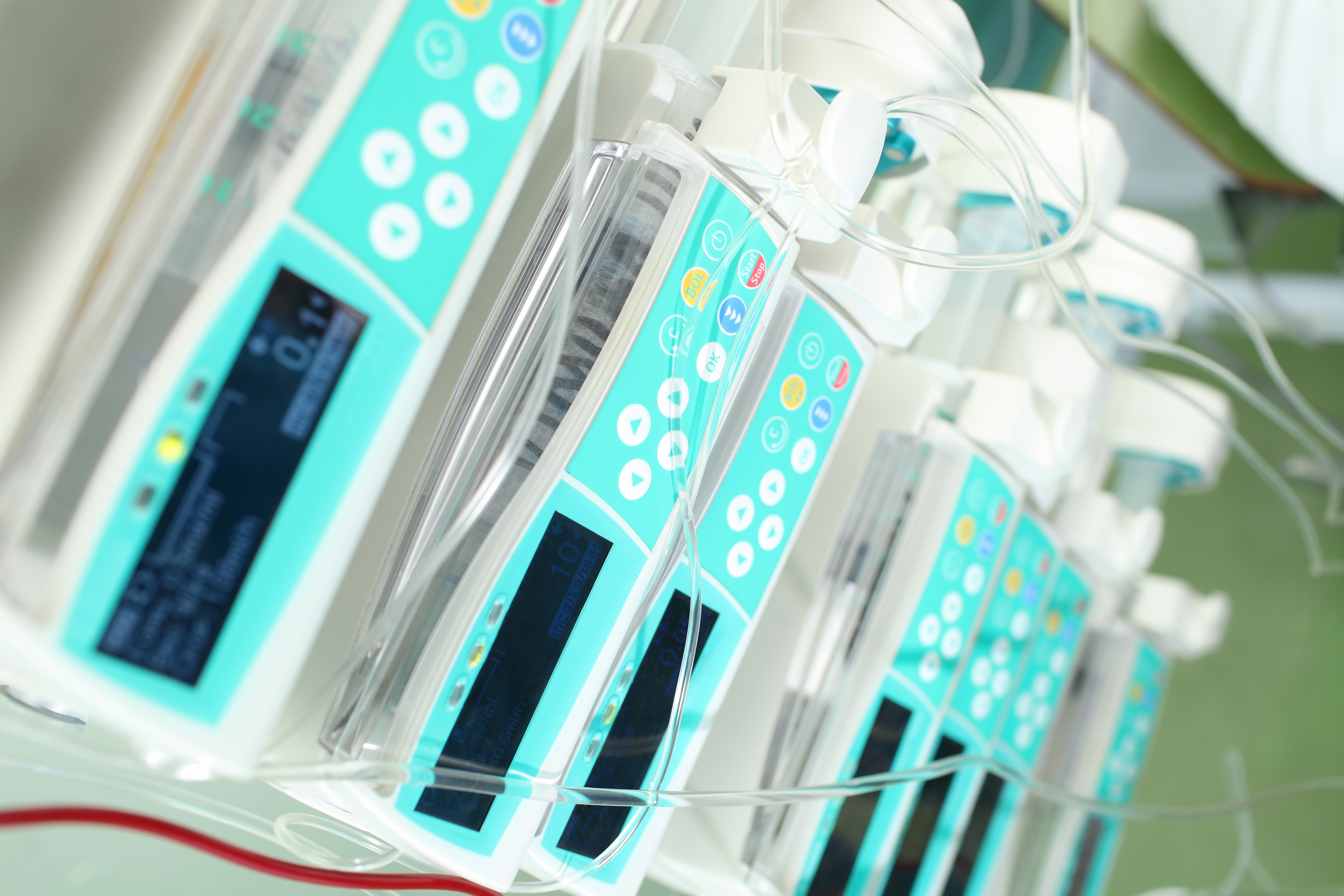
Researchers argue for reducing FDA involvement in medical device regulation.
Imagine a device that could help identify skin cancer by examining moles underneath a patient’s skin using light rather than incisions. The makers of just such a device, called MelaFind, found that it took more than two years for their product to gain regulatory approval so that doctors could start to use it.
Responding to what they perceive to be a pattern of delays in approving potentially valuable medical devices, researchers from the Mercatus Center at George Mason University have recently argued for changes to medical device regulation. Currently, the U.S. Food and Drug Administration (FDA) must approve medical devices prior to their sale and use, unless a device receives an exemption. In addition to imaging machines like MelaFind, medical devices include items such as pacemakers, prosthetics, and bedpans.
In their recently released paper, Mercatus Center policy researchers Richard Williams, Robert Graboyes, and Adam Thierer argue that current regulations requiring government approval for medical devices should be replaced with a market system. Under the market system, private companies could provide approval for lower risk devices. According to the study, this would facilitate faster approval decisions, encourage innovation, and bring together stakeholders, such as patients and doctors, in determining which review process is most appropriate for a particular device.
The framework offered by Williams and his co-authors is similar to the European Union (EU) model, which allows government-certified private companies to approve medical devices. The EU’s approval process is shorter than the current U.S. process, they argue, due to competition among the certified private companies. Inventors of medical devices can choose from the various companies when seeking approval, thereby encouraging the approvers to be both thorough and efficient.
The researchers also draw a parallel to maritime regulation, which involves self-regulation where nongovernmental “maritime classification societies” create standards, based on the government’s rules, that shipping companies must then follow. Shipping companies select a classification society to verify that the condition of their ships satisfies the society’s standards, according to the study. Williams and his co-authors argue that such a system is more beneficial than regulation by a single national regulator because classification societies apply their expertise to set standards and monitor enforcement.
Although favoring the involvement of private companies in the approval of lower risk devices, Williams and his co-authors argue that the FDA should remain the only approver of higher risk devices. According to the report, the FDA should also be responsible for creating safety policy, bringing enforcement actions, and providing public education about medical device risks.
The new research paper arrives at a time of policy debate over medical device regulation. Some scholars have argued for providing the FDA with more resources to allow for more thorough safety review of medical devices. Those scholars have also opposed changes that would involve private companies in aspects of medical device regulation because of the “conflict of interest” they believe such involvement would create.
In July of this year, the U.S. House of Representatives passed legislation that would, much like the proposal Williams and his co-authors put forward, involve private companies in various aspects of medical device regulation. Among the reforms to the medical device process, the legislation would allow private companies, rather than the FDA, to approve changes to some medical devices already in use. The law would permit a “FDA-authorized third party” to approve medical device companies’ quality review practices. Approval from this third party would then allow a company to make certain changes to a device without requiring “premarket notification” approval from the FDA. The legislation also would shift the FDA’s priority from lower risk devices towards regulating higher risk devices.
In response to the House legislation, cardiologists and scholars Rita F. Redberg and Sanket S. Dhruva have argued that the FDA should receive more funding for device approvals. They also oppose the provision that would rely on private companies for approval of medical device changes. Redberg and Dhruva argue that using private companies would create a “conflict of interest” and reduce the safety of devices because medical device inventors would both choose the entity that provides approval, and also pay a fee for that approval.
Williams and his co-authors, on the other hand, argue for less FDA involvement because they believe government oversight of medical devices impedes medical innovation. They specifically emphasize the large cost of complying with FDA regulations. According to the report, regulatory compliance costs account for over 75% of the total expenses needed to produce a new medical device, amounting to approximately $24 million for lower risk devices and $75 million for higher risk devices. The researchers argue that high approval costs may encourage companies to develop devices outside of the United States, reducing the competitiveness of the U.S. medical technology industry. They also argue that, in addition to high compliance costs, uncertainty in the current approval process deters start-up companies from creating new medical devices. The researchers believe that their framework would reduce costs in part because medical device companies would have options for approval from both the FDA and private companies, resulting in competition.
The paper by Williams and his co-authors was issued by the Mercatus Center at George Mason University, a think tank dedicated to advancing “market-oriented ideas.”



